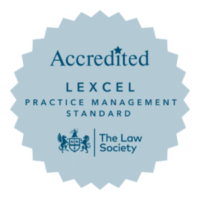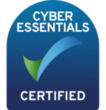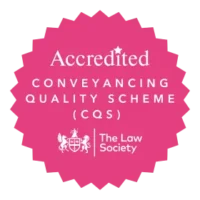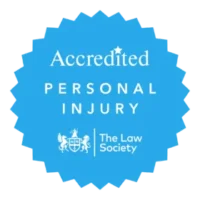Wills + Probate: Powers of Attorney Disputes
09th Sep 2025
Powers of Attorney are an invaluable tool to assist in the day to day maintenance of an individual’s health and financial affairs. Typically, Powers of Attorney are enacted once the Donor (the person who has made the Powers of Attorney) has either lost mental capacity or is struggling to deal with their own affairs. Whilst Powers of Attorney are designed to assist the Donor, it is sadly possible for Attorneys to misuse the powers they have been trusted with.
Disputes arising from Powers of Attorney typically come in one of two forms.
Firstly, a simple clash of personalities between the Attorneys. Whilst all appointed Attorneys may believe their opinion is truly in your best interests, if there are clashing personalities appointed, often there are different ideas as to what the Donor’s best interests are. Healthy discussion is, of course, a part of the Attorneys role, however if the Attorneys become gridlocked this may cause a dispute.
Secondly, an Attorney is misusing their powers for their own gain. Typically, this is more often the case in terms of the Property and Financial Powers of Attorney whereby money is being used for the benefit of the Attorney as opposed to the benefit of the Donor.
Whilst we will always urge our clients when preparing Power of Attorney documentation to seriously and objectively consider the Attorneys they appoint, unexpected events can occur. There are however steps which can be taken if you believe that a loved one’s Power of Attorney documentation is being misused.
For the purposes of this article, I will be referring to financial Powers of Attorney.
What documentation is there?
A sensible first step is to find out exactly what documentation is in place and who it appoints. At the time of writing anyone is able to download the form “OPG100” from the GOV.UK website. This form outlines who you are, who the Donor is and why you are requesting information regarding Power of Attorney/ Court of Protection documentation.
If the form is accepted, you will receive a report from the OPG stating exactly what documentation is in place and who is appointed as Attorney.
Safeguarding concerns
Depending on the type of concerns which you have, it is possible to contact the OPG Safeguarding Team and ask that they investigate your concerns. Form “OPG130” can be downloaded on the GOV.UK website. This form must be competed with a summary of the concerns which you have regarding the Donor’s welfare. The OPG will then process the concern and revert back to you with their comments/ next steps if required.
Currently, this is the only way of an Attorney being removed from a Power of Attorney document without the consent of the Donor if the Donor does not have mental capacity.
If there are concerns as to the Donor being in any immediate danger, please contact the police.
Deed of revocation
If the Donor still has mental capacity, they are able to sign what is known as a Deed of Revocation. This is a document which would outline that the Power of Attorney document should be revoked in its entirety. This protects the Donor from any further harm.
Please note that if the Donor is to revoke a Power of Attorney that if they wish to remake a Power of Attorney, they must do this whilst they still have mental capacity. Otherwise, without a Power of Attorney, if capacity is lost and financial assistance is required then you would need to submit a Deputyship Application (*see future article).
How we help with free legal advice
If you are concerned about a loved one and the actions of their appointed Attorneys, please contact us on 01761 414 646 or enquiries@th-law.co.uk if you would like to make a free no obligation appointment with one of our experts.
Alexandra Porter specialises in Court of Protection matters at Thatcher and Hallam LLP Alexandra Porter
Thatcher + Hallam Solicitors contact via email aporter@th-law.co.uk
(*see future articles by our Court of Protection team)
Related news
Articles you may find useful
Like this article? Sign up for our regular newsletters






